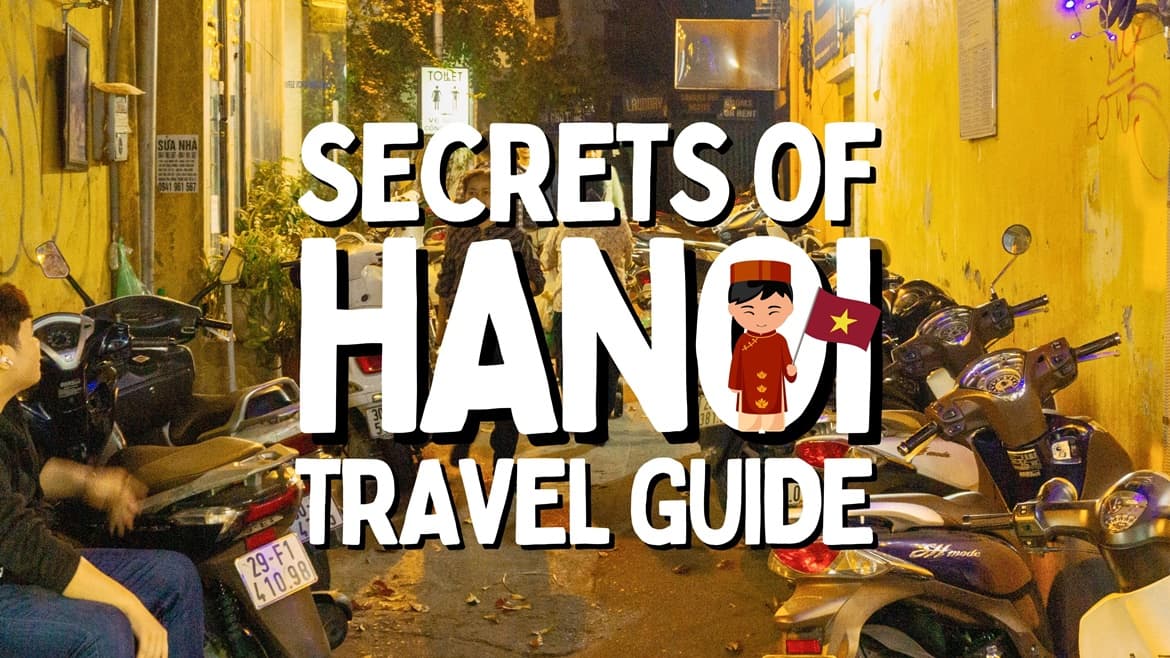

Hi, I'm Robb...
Welcome to Backpack Bob. For more than ten years, I’ve been living on vacation. I didn’t sell everything or leave a corporate job just to travel—I’m not a ‘digital nomad,’ and I’m not here to help you save money or travel smarter. This blog isn’t for profit; it’s my way of remembering the places I’ve visited and the experiences I’ve had. Based in Thailand, I have traveled extensively throughout Southeast Asia, writing about my favorite travel experiences.
Explore Destinations
Featured Guides

About Backpack Bob
Hello, I’m Robb. For more than ten years, I’ve been living on vacation. Welcome to Backpack Bob. I didn’t sell everything or leave a corporate job just to travel—I’m not a ‘digital nomad,’ and I’m not here to help you save money or travel smarter. This blog isn’t for profit; it’s my way of remembering the places I’ve visited and the experiences I’ve had. But if you find my guides helpful, then, welcome. Based in Thailand, I have traveled extensively throughout Southeast Asia, sharing stories about my favorite travel experiences.
From the Shop
View All →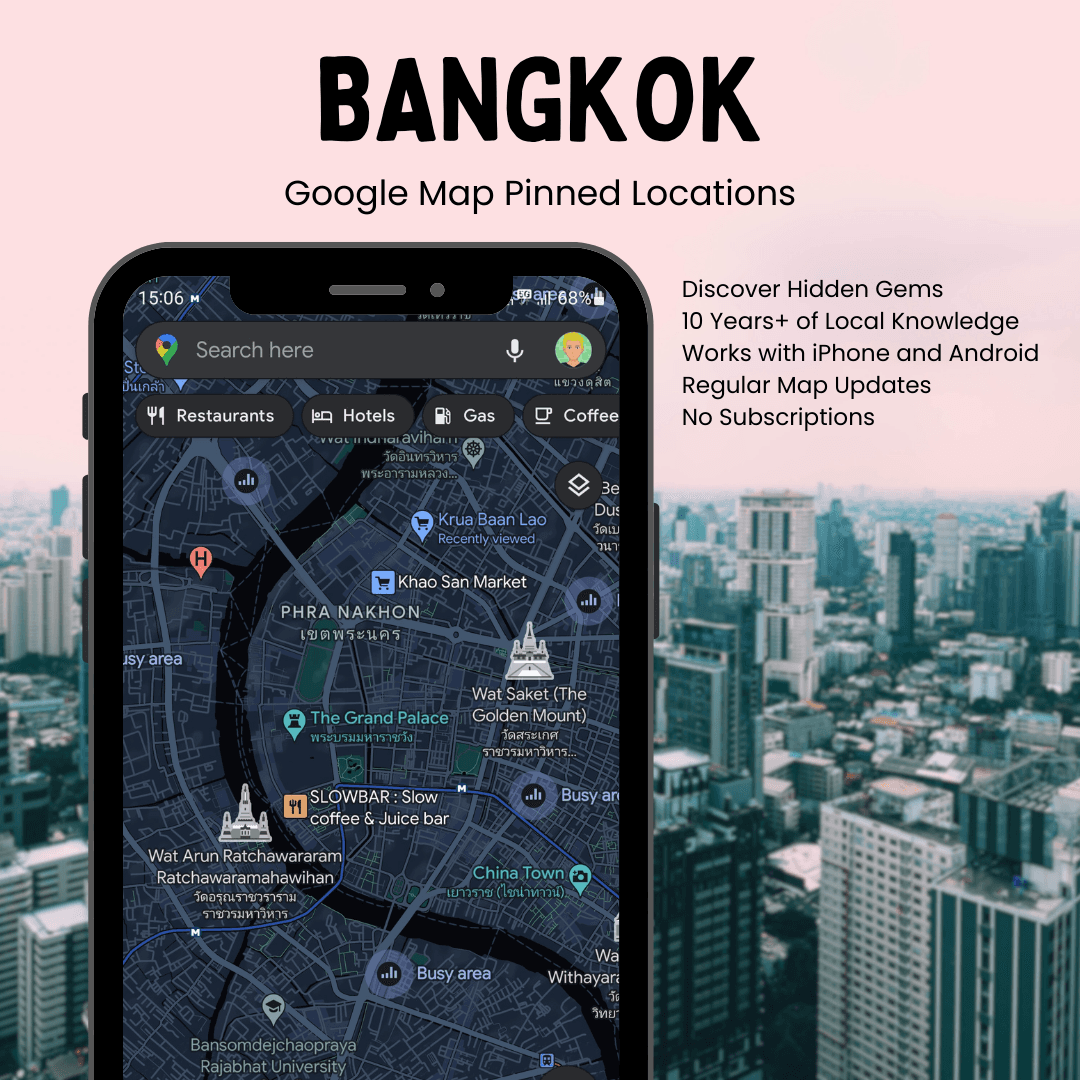
Travel Bangkok Like a Local. 1 Dollar, 10 Dollars, or 10 Million Dollars. You Set The Price!

Mobile Phone Travel Wallpapers
Download All My Travel Wallpapers! 🌏 $165.50 10 Dollars, or 10 Million Dollars. You Set The Price! Rated 5 out of 5 based on 13 ratings The beauty of South-East Asia on your lock screen. I always set my favourite travel photos as my phone wallpaper, and now you can too. Not only does it look great,
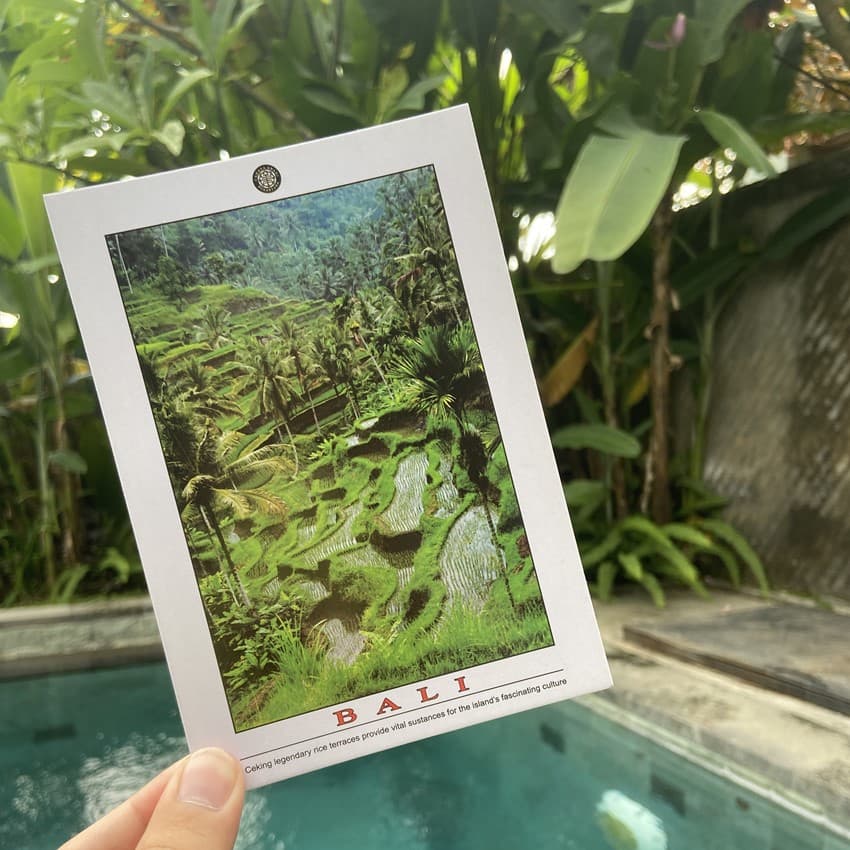
I Will Mail You A Physical Handwritten Postcard
Chose Your Own Price: From $2.00 to $200.00! Support Backpack Bob By Buying A Postcard Found my site useful? Want to support or contribute to Backpack Bob? I will send you a postcard from wherever I am in the world to show my appreciation. Current Location: 📍 Bali, Indonesia. Postcards were once th
Latest Posts

A Day Trip to The Similan Islands
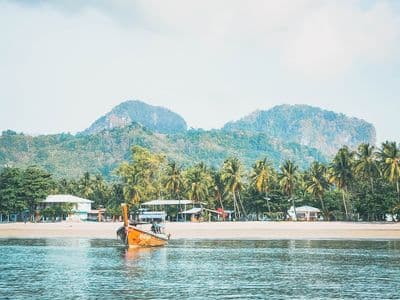
When Is the Best Time to Visit Thailand - Weather, Prices & Crowds
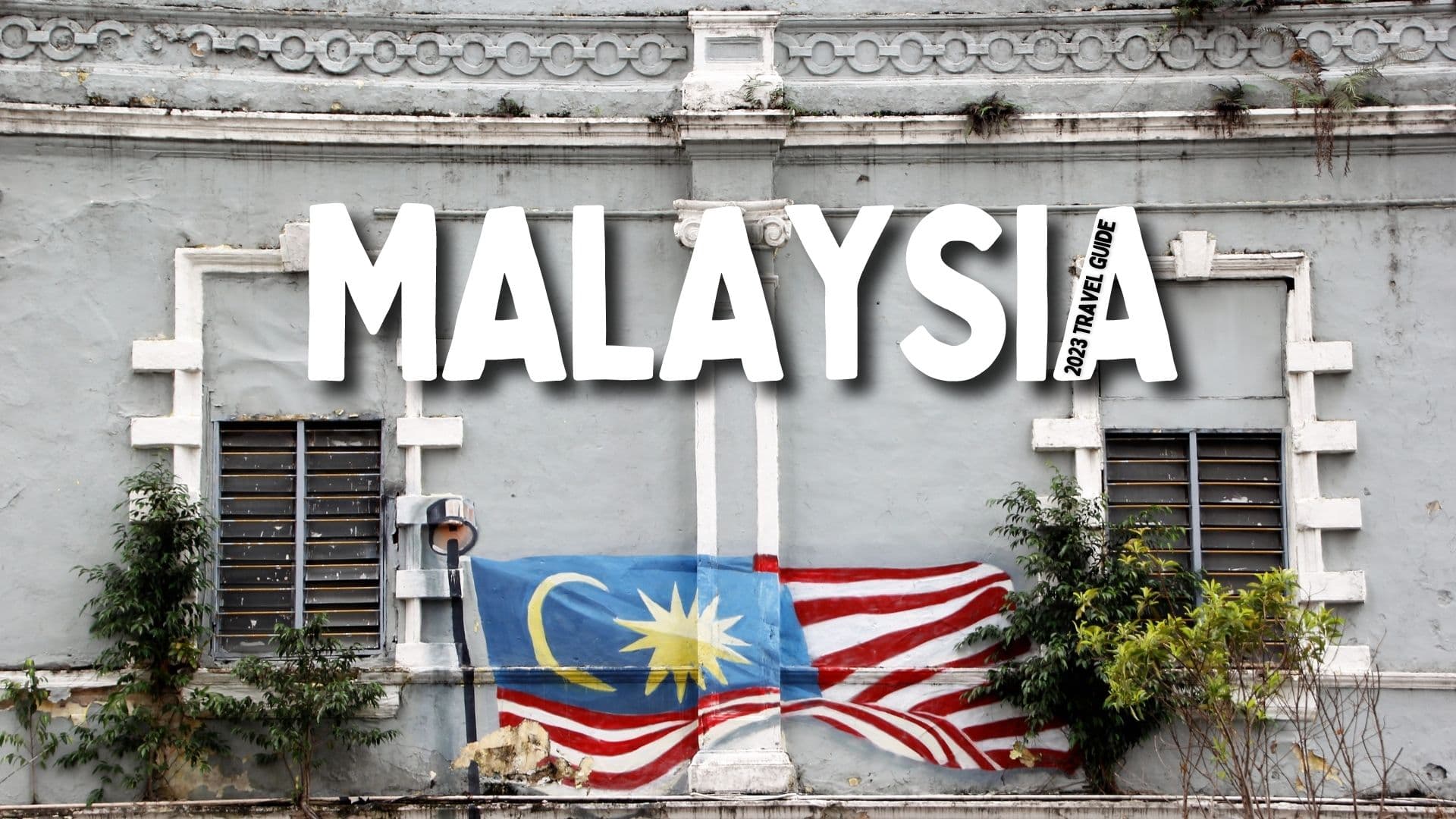
Malaysia Travel Guide

Samet Nangshee Viewpoint. Phang-Nga Bay, Thailand.

10 Things To Do in Phi Phi Islands

Ha Long Bay Boat Cruise: How To Plan, How To Book, and How To Choose The Best Cruise
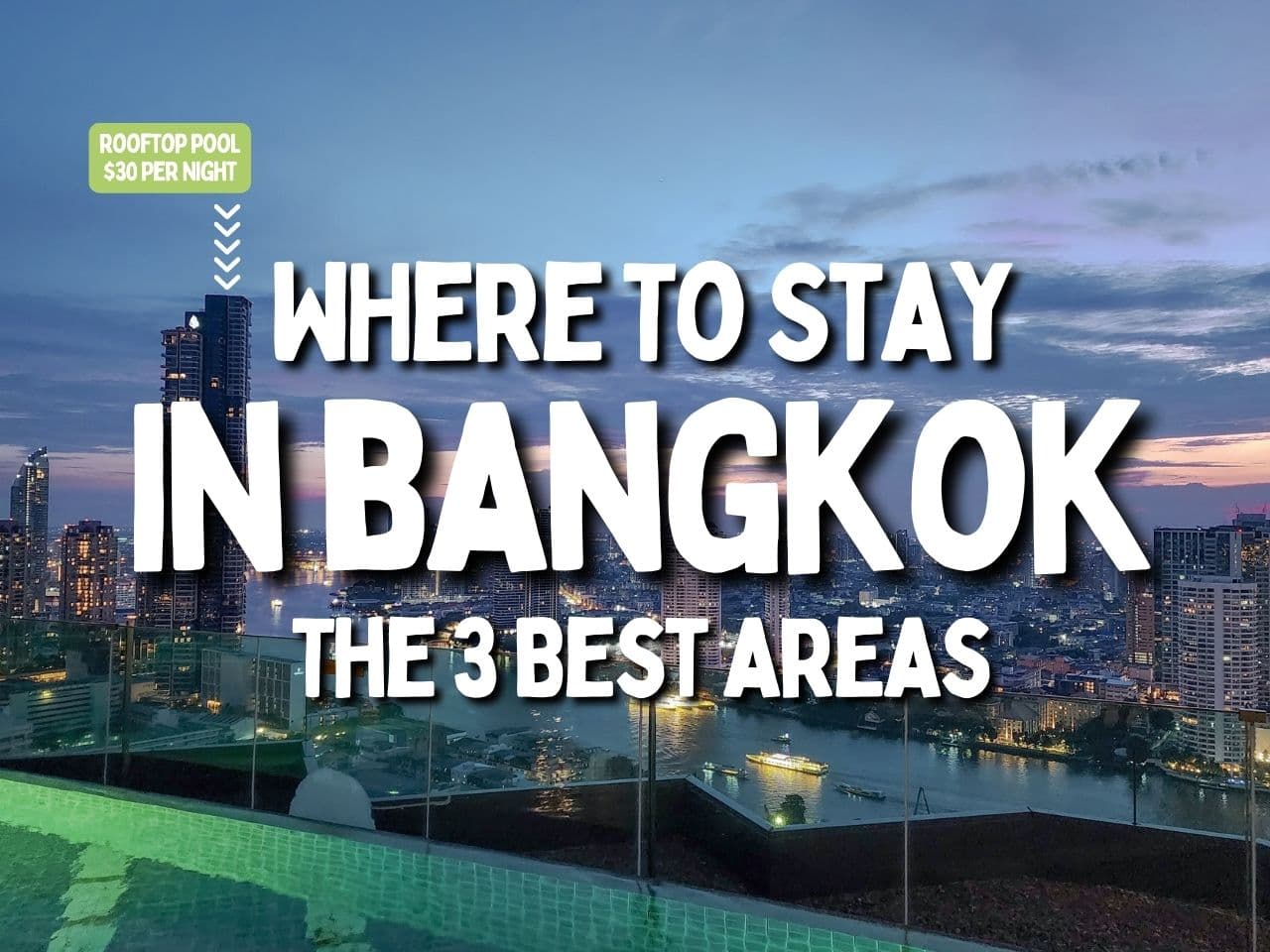
Where To Stay in Bangkok: Discover The Best Areas and Hotels in [year]

BTS Skytrain Bangkok 2023 – A First Timer’s Guide To The Public Transport System

Two Weeks in Malaysia. A Diverse Two-Week Travel Itinerary For 2026. Orangutans, Islands, and All The Food.

Orangutans in Malaysian Borneo: Meeting Them On a Budget: Sepilok Orangutan Rehabilitation Center
Stay in the Loop
Get travel stories, tips and destination guides straight to your inbox.
No spam, unsubscribe anytime.

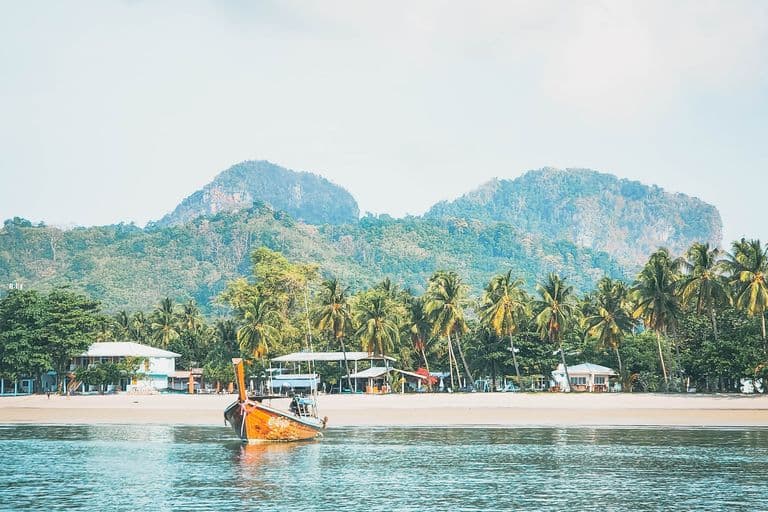
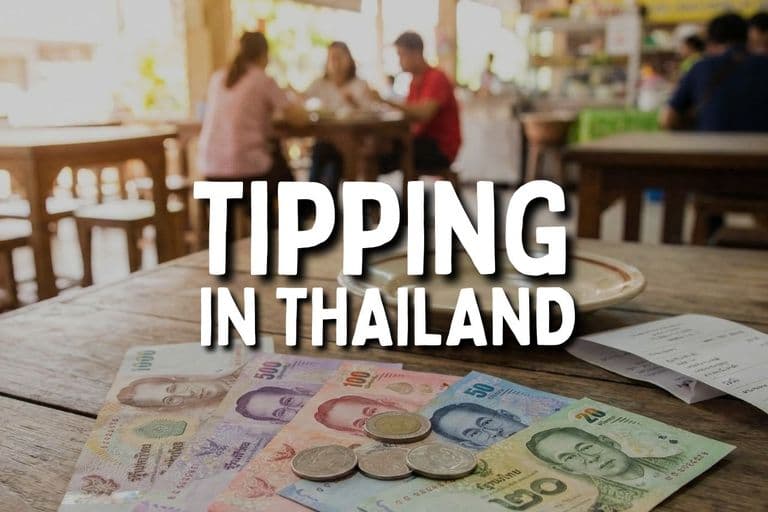
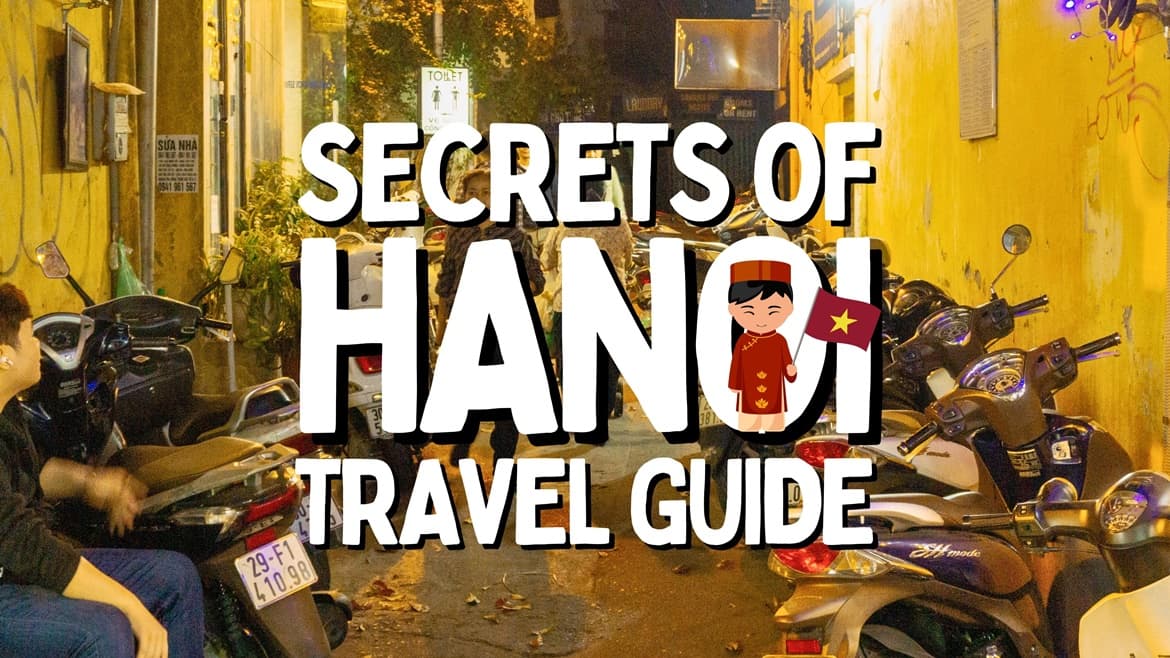

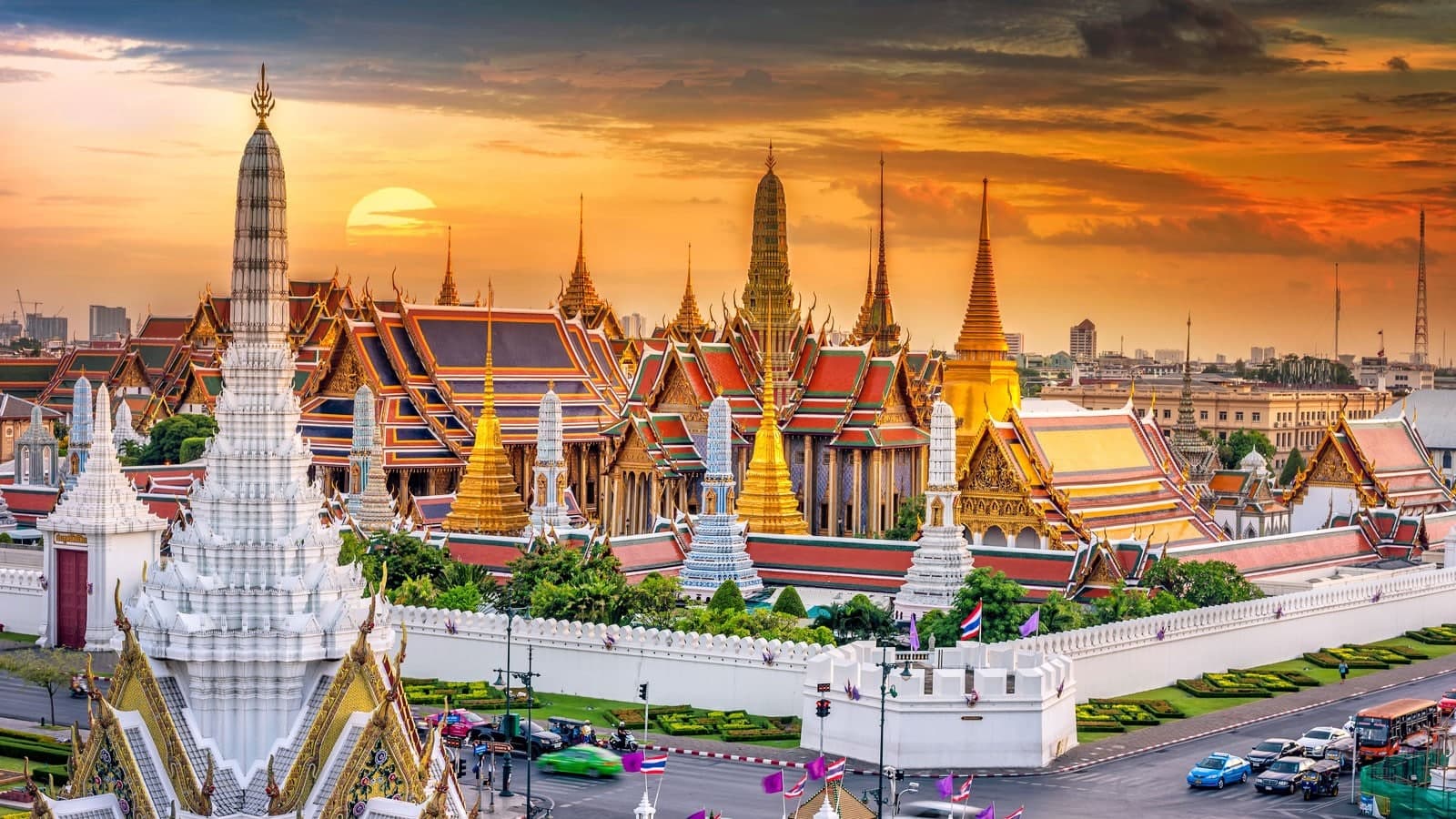

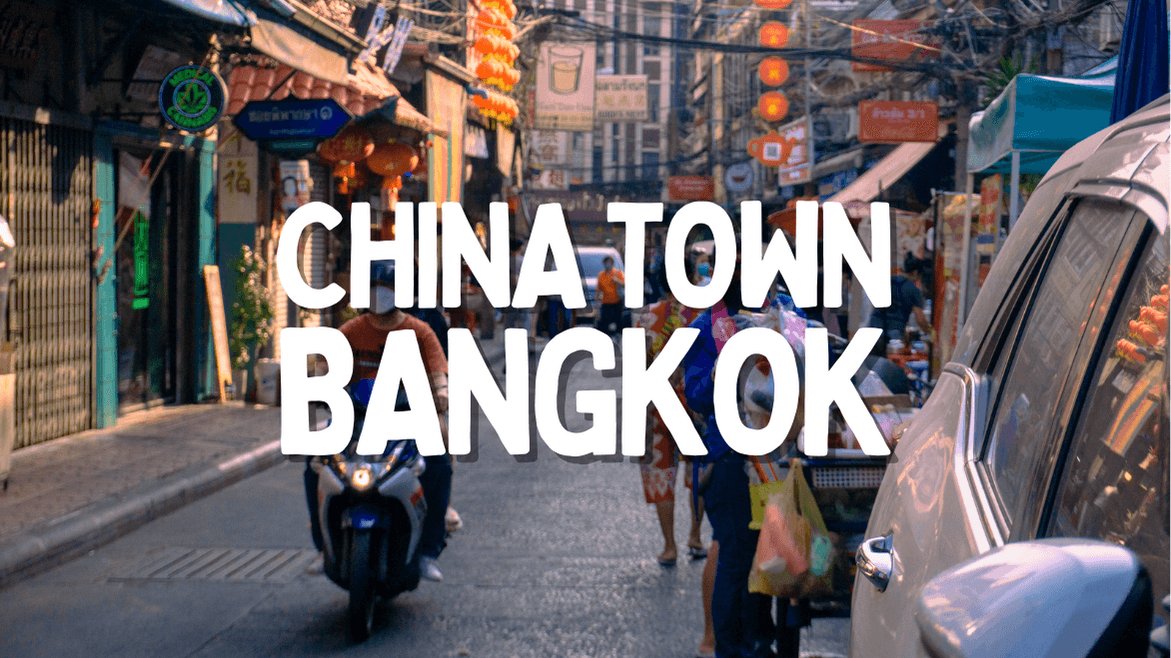
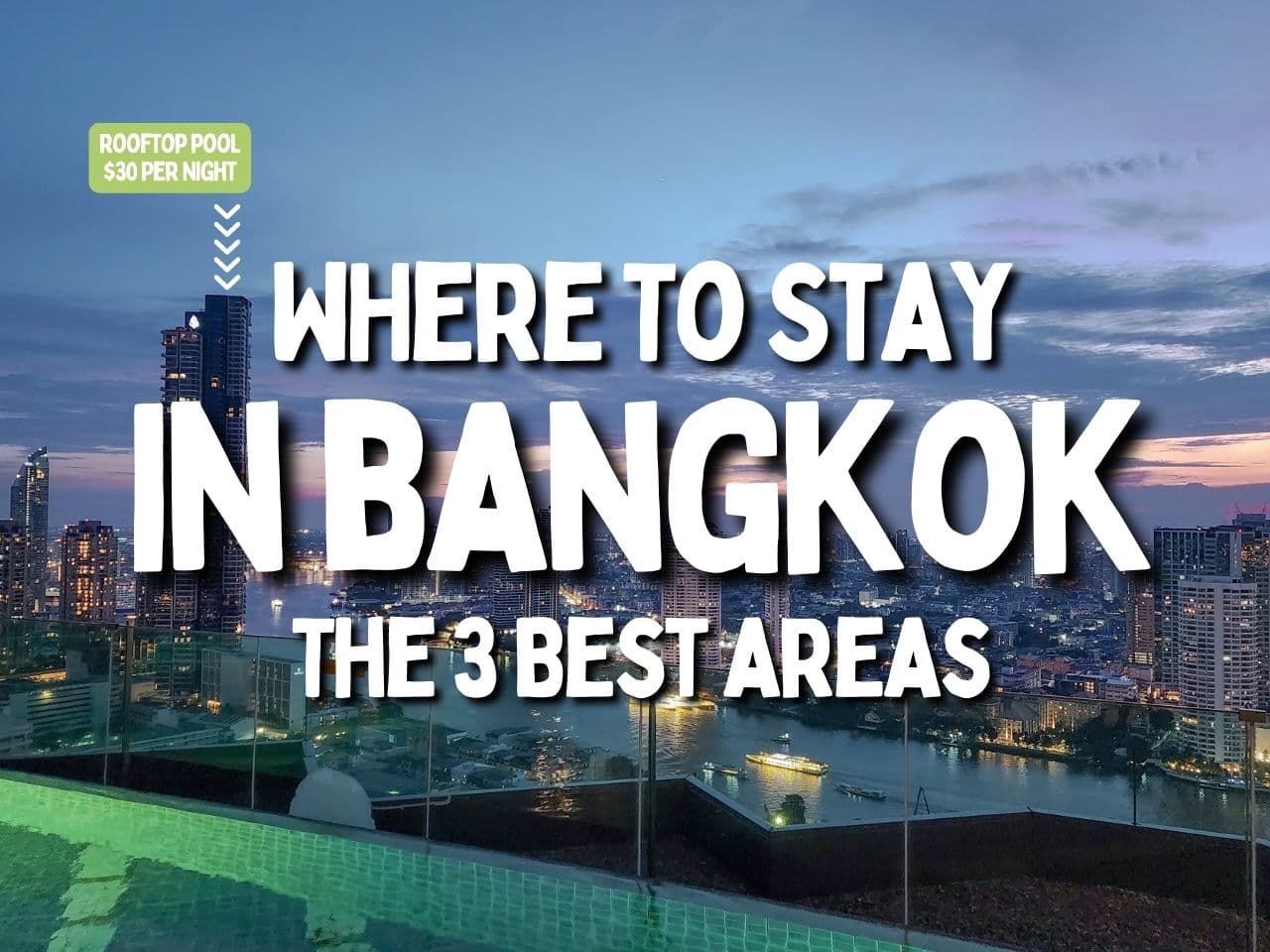
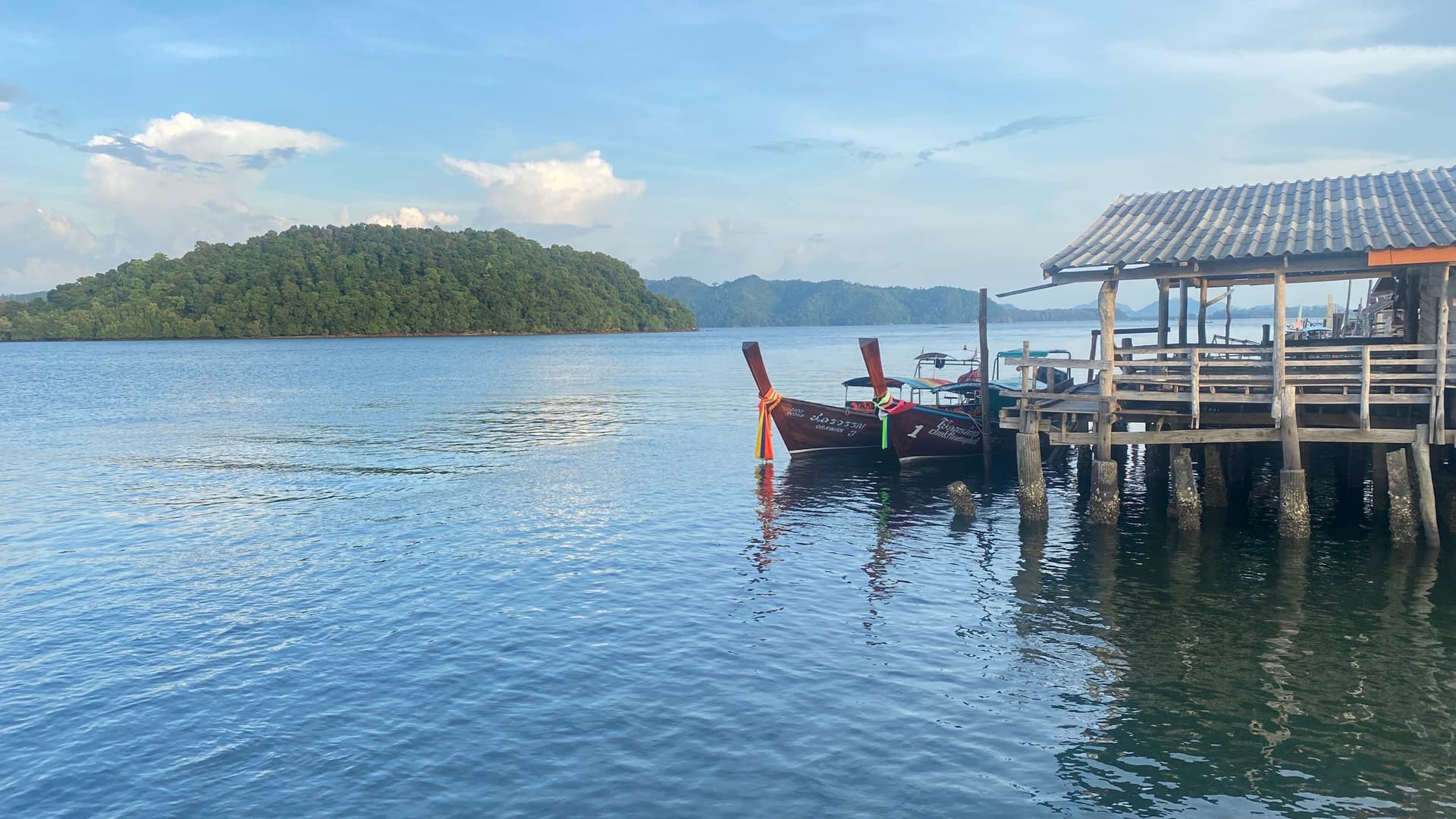
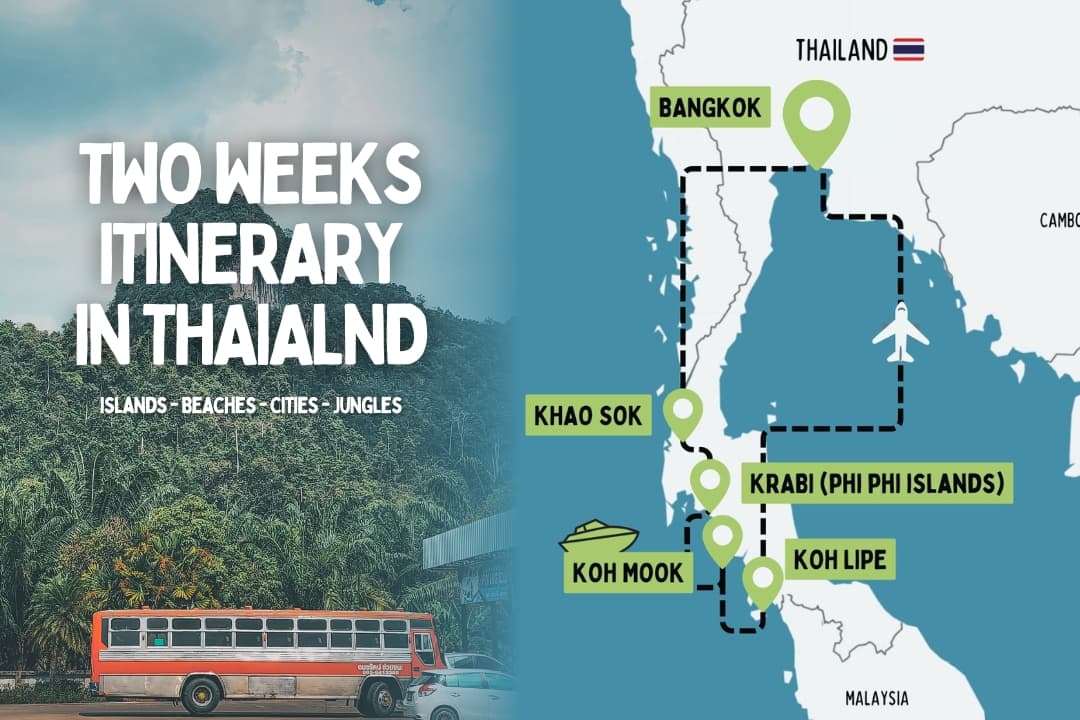


.jpg&w=640&q=75)
